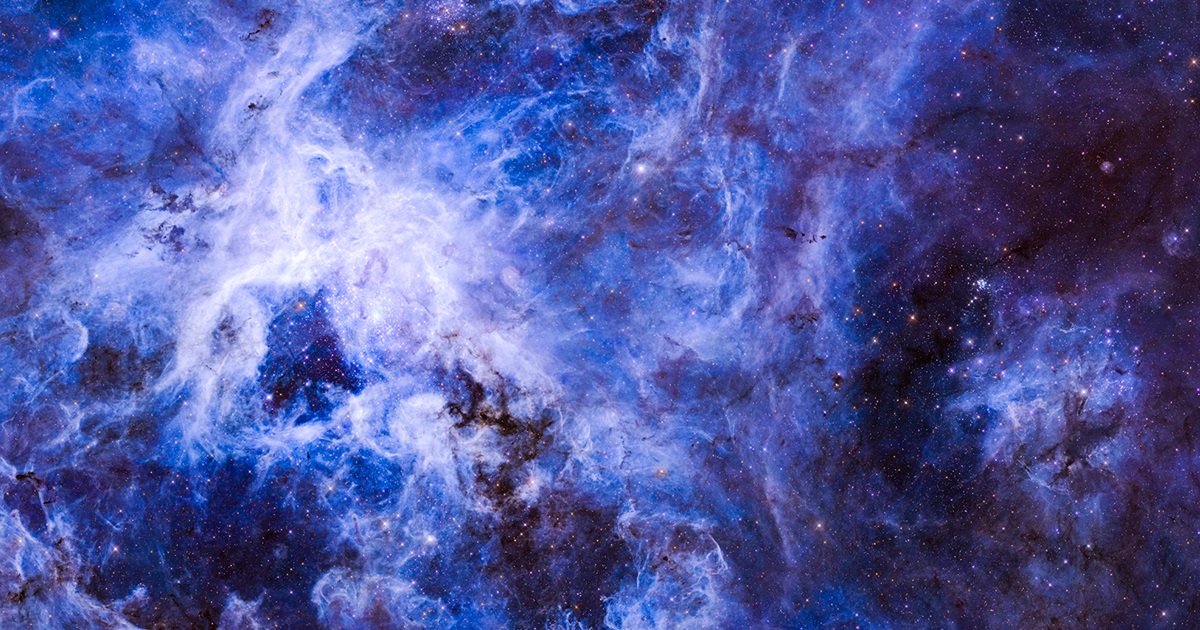Insights into the Magellanic Clouds: From Star Formation to Galactic Dynamics
A special issue of Universe (ISSN 2218-1997). This special issue belongs to the section "Galaxies and Clusters".
Deadline for manuscript submissions: closed (1 December 2025) | Viewed by 199

Special Issue Editor
Special Issue Information
Dear Colleagues,
We are pleased to invite you to contribute to the Special Issue, ‘Insights into the Magellanic Clouds: From Star Formation to Galactic Dynamics’, for the journal Universe.
The Magellanic Clouds, as the most massive and closest interacting satellites of the Milky Way, provide an exceptional laboratory for studying galaxy formation and evolution. Their proximity allows us to resolve individual stars and stellar populations, trace the structure and dynamics of their gaseous and stellar components, and examine the processes of chemical evolution and star formation in exquisite detail. Furthermore, their interaction with the Milky Way—and with each other—has produced complex features such as the Magellanic Stream and Bridge, offering critical insight into tidal and ram-pressure effects on low-mass galaxies.
This Special Issue aims to gather original research and reviews that deepen our understanding of the Magellanic System and its role within the broader context of galaxy evolution. This topic fits naturally within the scope of Universe, touching on extragalactic astrophysics, stellar populations, galaxy interactions, and dark matter. We particularly encourage interdisciplinary and multi-wavelength approaches, as well as studies that connect the Magellanic Clouds to the evolution of dwarf galaxies and satellite systems in the Local Group and beyond.
We welcome submissions that include, but are not limited to, star formation histories, chemical enrichment, gas dynamics, stellar and dark matter kinematics, the structure of tidal features, and numerical simulations. Synergies with large-scale surveys and missions such as Gaia, LSST, HST, and JWST are also highly encouraged.
We look forward to receiving your contributions and to creating a vibrant collection of papers that reflect the latest developments in this dynamic field.
Dr. Noelia E. D. Noël
Guest Editor
Manuscript Submission Information
Manuscripts should be submitted online at www.mdpi.com by registering and logging in to this website. Once you are registered, click here to go to the submission form. Manuscripts can be submitted until the deadline. All submissions that pass pre-check are peer-reviewed. Accepted papers will be published continuously in the journal (as soon as accepted) and will be listed together on the special issue website. Research articles, review articles as well as short communications are invited. For planned papers, a title and short abstract (about 250 words) can be sent to the Editorial Office for assessment.
Submitted manuscripts should not have been published previously, nor be under consideration for publication elsewhere (except conference proceedings papers). All manuscripts are thoroughly refereed through a single-blind peer-review process. A guide for authors and other relevant information for submission of manuscripts is available on the Instructions for Authors page. Universe is an international peer-reviewed open access monthly journal published by MDPI.
Please visit the Instructions for Authors page before submitting a manuscript. Submitted papers should be well formatted and use good English. Authors may use MDPI's English editing service prior to publication or during author revisions.
Keywords
- Magellanic Clouds
- dwarf galaxies
- galaxy evolution
- stellar populations
- star formation history
- chemical enrichment
- galaxy interactions
- dark matter
- gas dynamics
- cosmological simulations
Benefits of Publishing in a Special Issue
- Ease of navigation: Grouping papers by topic helps scholars navigate broad scope journals more efficiently.
- Greater discoverability: Special Issues support the reach and impact of scientific research. Articles in Special Issues are more discoverable and cited more frequently.
- Expansion of research network: Special Issues facilitate connections among authors, fostering scientific collaborations.
- External promotion: Articles in Special Issues are often promoted through the journal's social media, increasing their visibility.
- Reprint: MDPI Books provides the opportunity to republish successful Special Issues in book format, both online and in print.
Further information on MDPI's Special Issue policies can be found here.





